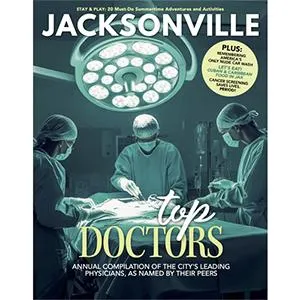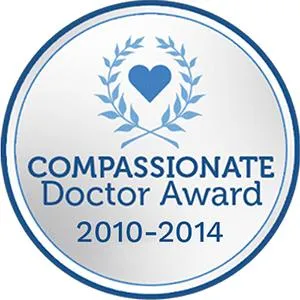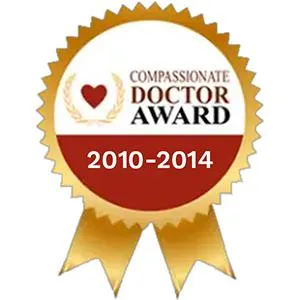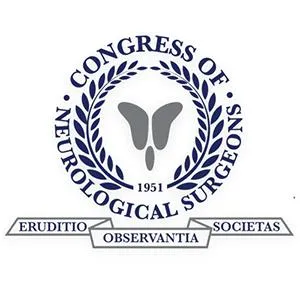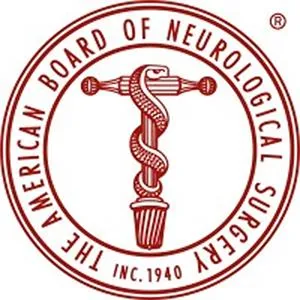Spine Conditions
Spinal Injuries & Trauma
Understanding Spine Damage After Accidents and Injuries
The spine is strong and flexible, but trauma can cause fractures, dislocations, ligament injuries, or spinal cord damage. Whether from a car accident, sports injury, or fall, spinal injuries and trauma require urgent evaluation. Without proper care, they can lead to chronic pain, deformity, or even paralysis. At Desert Spine and Pain, we provide expert care for spine trauma — from emergency stabilization to long-term recovery. Led by Dr. David L. Greenwald, M.D., FAANS, FACS, one of the nation’s top neurosurgeons, our Phoenix-based team combines advanced surgical skill with compassionate support to guide patients through every stage of healing.

Over 100 5-Star Reviews!

Disc Disorders We Treat

Fractures from Trauma

Spondylolisthesis

Spondylolysis
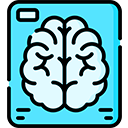
Sports-Related Injuries

Vertebral Compression Fractures

Whiplash Injuries
What Are Spinal Injuries?
Spinal injuries can affect the bones (vertebrae), discs, ligaments, nerves, or spinal cord itself. They may include:
Fractures – Breaks in the vertebrae (e.g., compression fractures)
Dislocations – Vertebrae forced out of alignment
Ligament injuries – Instability from torn stabilizing tissues
Disc injuries – Herniations or extrusions from trauma
Spinal cord injury – Damage to the nerve tissue causing neurological symptoms
Causes of Spinal Trauma
Motor vehicle accidents – The most common cause of serious spinal injuries
Falls – Especially in older adults with osteoporosis
Sports injuries – Football, gymnastics, or other high-impact sports
Violence – Gunshot wounds or assaults
Workplace accidents – Heavy lifting, machinery-related trauma
Symptoms of Spinal Injuries
Severe back or neck pain
Numbness, tingling, or weakness in the arms or legs
Difficulty walking or loss of coordination
Loss of bladder or bowel control (serious sign of spinal cord involvement)
Visible deformity or abnormal alignment of the spine
Paralysis (in severe cases)
Emergency signs: After major trauma, assume spinal injury until proven otherwise. Seek immediate care.
Diagnosis
At Desert Spine and Pain, urgent and accurate diagnosis is key:
Physical exam – Assessing neurological function, movement, and sensation
Imaging –
X-rays for fractures or misalignment
CT scans for detailed bone images
MRI for nerve, ligament, and spinal cord assessment
Neurological testing – To evaluate motor and sensory loss
calized back or neck pain

Dr. David L. Greenwald, M.D., F.A.C.S.
Neurosurgeon | Spine Surgeon | Regenerative Medicine
Dr. David L. Greenwald, MD, FACS, is a board-certified spine surgeon renowned for his expertise in spine surgery, offering both traditional and minimally invasive procedures to treat a wide range of spinal conditions. Whether addressing herniated discs, spinal stenosis, fractures, deformities, or degenerative diseases, Dr. Greenwald combines surgical precision with the latest technology to achieve optimal outcomes. His approach emphasizes preserving mobility, minimizing tissue disruption, and promoting faster recovery. With decades of experience and a strong reputation for compassionate care, Dr. Greenwald has helped countless patients throughout South Florida find lasting relief and return to active, pain-free lives.
Treatment Options
Post Accident Care
Immobilization at the scene to prevent further injury
Medications to control pain and inflammation
Urgent surgery when necessary to stabilize and decompress
Surgical Treatments
Spinal Fusion – Stabilizes fractured or unstable segments
Decompression procedures – Relieves pressure on nerves or spinal cord
Instrumentation – Plates, screws, or rods to restore alignment and strength
Minimally Invasive Surgery (MIS) – When possible, reduces tissue damage and speeds recovery
Non-Surgical Care
Bracing for stable fractures
Medications for pain and swelling
Physical Therapy for strength and mobility after stabilization
Frequently Asked Questions
What should I do if I suspect a spinal injury?
A bulging disc extends outward without rupture, while a herniated disc leaks material that can compress nerves.
Are all spinal injuries permanent?
No. Many fractures and ligament injuries heal completely with proper treatment. However, spinal cord injuries may cause lasting impairment.
How long does it take to recover from spinal trauma?
Stable fractures may heal in weeks, while severe injuries can take months or years depending on nerve involvement.
Do spinal injuries always require surgery?
No. Some stable fractures can heal with bracing and therapy. Surgery is needed if there’s instability or nerve compression.
How does Desert Spine and Pain handle spinal trauma differently?
We provide advanced neurosurgical expertise, minimally invasive options, and personalized long-term rehabilitation plans — led by Dr. Greenwald.
Book your Spine Care Consultation Today!


Desert Spine and Pain
Patient Centered & Partner Focused
Quick Links
Resources
Connect With Us
© Desert Spine and Pain. 2026. All Rights Reserved. Sitemap
